Virtual striker: Using VR to train Premier League stars
How one company is taking VR out of the boardroom and into the locker room

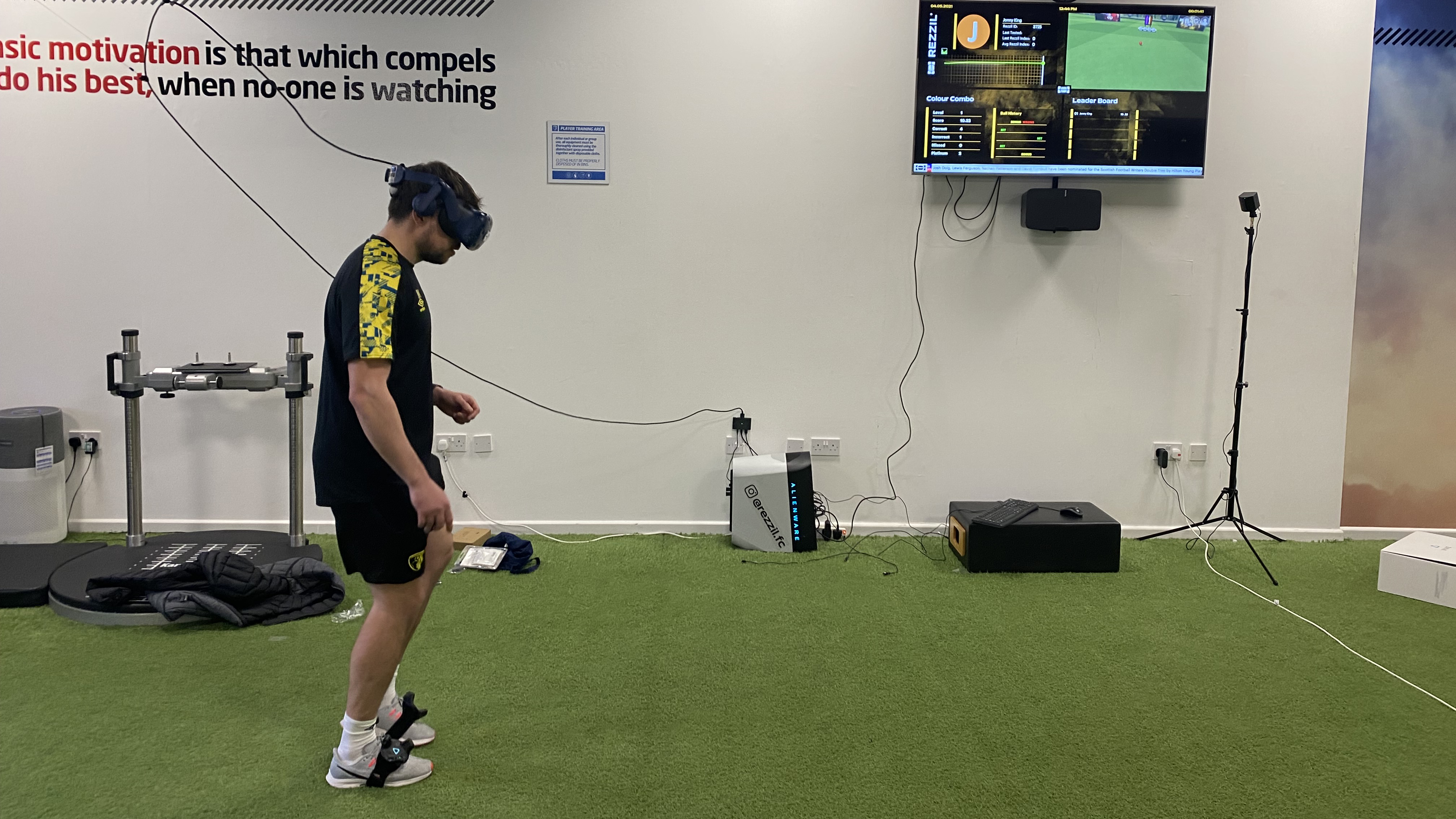
Sign up today and you will receive a free copy of our Future Focus 2025 report - the leading guidance on AI, cybersecurity and other IT challenges as per 700+ senior executives
You are now subscribed
Your newsletter sign-up was successful
Virtual reality (VR) is starting to find its feet as an enterprise tool, and one of the most popular use cases for it is in training. Engineers can use it to learn how to maintain large and expensive pieces of machinery, managers can run conflict resolution simulations, and construction workers can model building projects. These applications are merely the tip of the iceberg, however, and the technology is being used in some unique and unexpected settings.
RELATED RESOURCE

One of the most interesting players is Rezzil, a company using VR to train and develop Premier League footballers. Run by ex-gaming developers, the company builds VR platforms that can accurately simulate real-world scenarios, allowing clubs to train players and analyse match tactics. The system works by using HTC Vive headsets combined with wireless adapters and the company’s ‘puck’ trackers – one on each foot and shin – to accurately track a player’s movement and ball control, including motions like outside spin, stops and kick-ups. Rezzil has fine-tuned the physics to the point the system will even model and respond to different boot types and sizes.
Easing the road to recovery
One of the main ideas behind the technology is to help players recover faster from injuries, says co-founder Adam Dickinson. Leg, knee and ankle problems are among the most common issues that can affect professional footballers, but recovery usually requires them to avoid traditional practice and training for extended periods of time, during which their skills can atrophy.
“The main factor in rehabilitation is a player can lose about 60% of their cognitive sharpness during that injury, where they fall off,” Dickinson explains. “The whole point is that we can keep them sharp, we can put them back in the same scenarios, the decision making, keeping them at that elite level.”
Because Rezzil’s training drills involve minimal physical contact, he adds, players can keep their skills up without risking further strain. This has allowed injured players to retain their contracts at clubs by showing their cognitive skills haven’t suffered, whereas they may otherwise have been let go.
Aside from rehabilitation and general skills training, Rezzil’s technology also allows clubs to analyse previous matches and tactics deployed. The system can ingest match data from the industry-standard data tracking tools used in sports stadia, convert it into positional information and then recreate the match in a virtual environment. This allows managers, coaches and players to review the action, as it happened, from any angle they choose.
“Traditionally, a manager's position on the pitch is the worst place to view any game ever,” says Dickinson. “So they like to be up in the stands, or you might be experiencing where you thought a goalkeeper was at fault, but actually, his line of sight was blocked by a player. It's really, really useful for conflict resolution.”
Sign up today and you will receive a free copy of our Future Focus 2025 report - the leading guidance on AI, cybersecurity and other IT challenges as per 700+ senior executives
This can also be extended to building out custom-made training drills based on specific situations and opponents, such as analysing a certain player’s habits in order to counter them. “For example,” Dickinson continues, “if you know Mbappé is going to always run down the right-hand side of a certain player, that defender can train over and over and over again without the fatigue, in that position.”
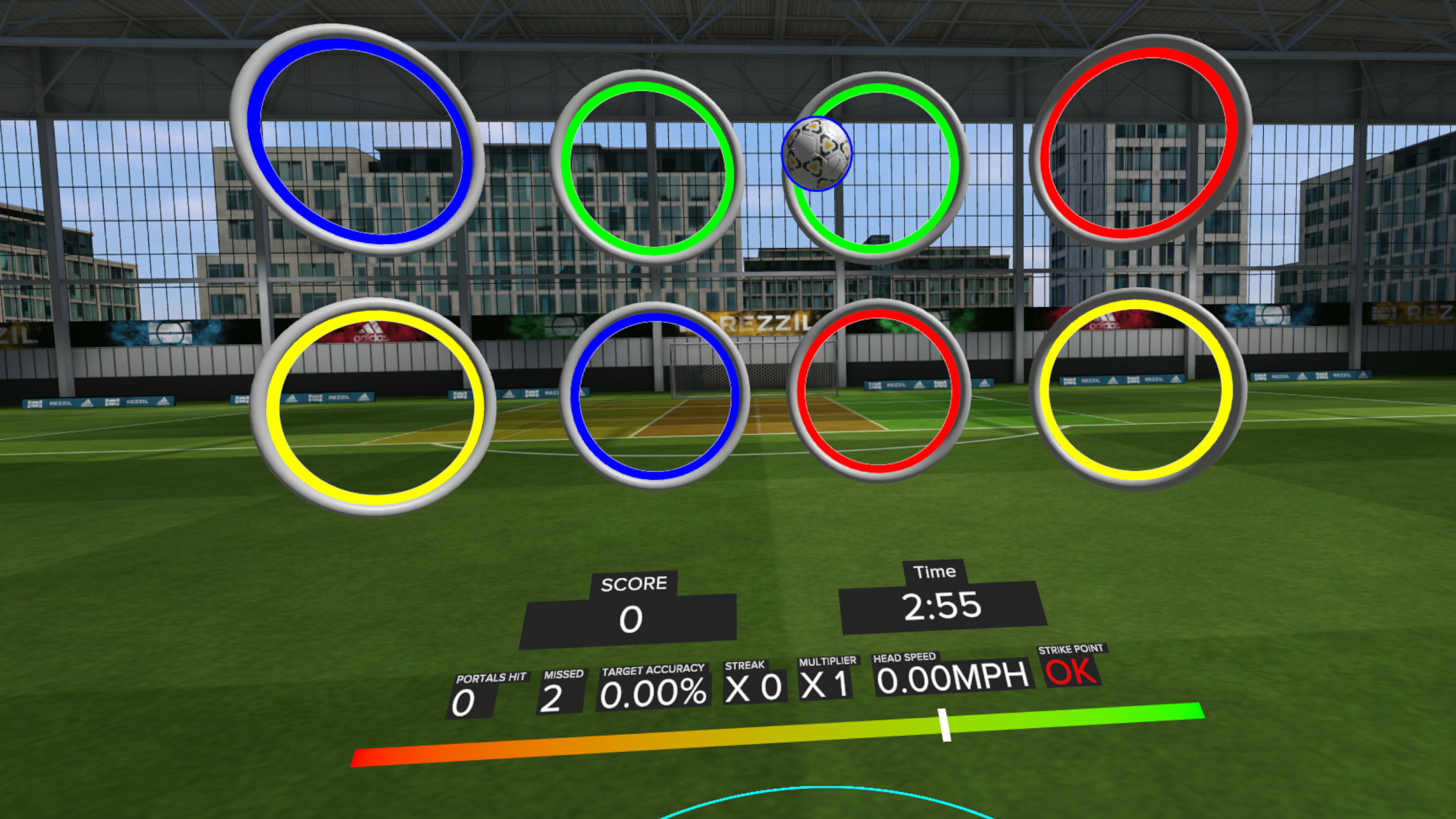
This attention to detail has paid dividends for Rezzil; the company counts major Premier League clubs including Arsenal, Manchester City, and Manchester United among its customers, as well as American and German sides. The company has also deployed its systems for the upcoming World Cup in Qatar, but it’s not just limited to football; Rezzil is already working with an NBA basketball team in the US and attempting to branch out into sports like golf and American football.
Converting professionals to new ways of working
Of course, working with cutting-edge technology isn’t without its challenges. Dickinson says one of the biggest problems when doing on-site demonstrations with customers is the lack of connectivity within training grounds, which has forced them to carry a selection of Wi-Fi dongles and mobile hubs around with them. Rezzil also had to customise a lot of the VR hardware it uses for use in a specific environment. For example, although the clip-on battery packs powering the wireless adapters for HTC’s desktop headsets work fine with jeans, Dickinson explains they’re heavy enough to pull football shorts down.
Subsequent advances in mobile VR technology have mitigated these issues, but for Dickinson, the hardware has always been somewhat less important than getting the software and the interaction models to feel natural and realistic. Because many players aren’t familiar with high-end VR, he says, they have to be carefully introduced to the technology to avoid turning them off altogether.
RELATED RESOURCE

“We've got to put it in front of Premier League players. If they swung their foot and then the ball was a second after, they'd just say 'no, it doesn't work'. So we learned our lessons trying different haptics. We have a much stronger feedback just using audio, letting your brain fill in the pieces – but you have to have zero latency. That's the key.”
In addition to catering for professional clubs, Rezzil has also branched out into the consumer market. The company’s Player 22 software acts as a more ‘gamified’ offering that appeals to casual players whilst still retaining the technical foundation of its more established packages. However, Dickinson says that while becoming “the EA Sports of VR” isn’t exactly unappealing, the company still remains focused on serving top-tier athletes.
“It's been a long, long road, and it won't end. The elite side will always feed in,” he says. “We want to find someone [through our platform] that would have never been discovered; someone who would never have been found traditionally, through traditional scouting methods.”
Adam Shepherd has been a technology journalist since 2015, covering everything from cloud storage and security, to smartphones and servers. Over the course of his career, he’s seen the spread of 5G, the growing ubiquity of wireless devices, and the start of the connected revolution. He’s also been to more trade shows and technology conferences than he cares to count.
Adam is an avid follower of the latest hardware innovations, and he is never happier than when tinkering with complex network configurations, or exploring a new Linux distro. He was also previously a co-host on the ITPro Podcast, where he was often found ranting about his love of strange gadgets, his disdain for Windows Mobile, and everything in between.
You can find Adam tweeting about enterprise technology (or more often bad jokes) @AdamShepherUK.
-
 Anthropic promises ‘Opus-level’ reasoning with new Claude Sonnet 4.6 model
Anthropic promises ‘Opus-level’ reasoning with new Claude Sonnet 4.6 modelNews The latest addition to the Claude family is explicitly intended to power AI agents, with pricing and capabilities designed to attract enterprise attention
-
 Researchers call on password managers to beef up defenses
Researchers call on password managers to beef up defensesNews Analysts at ETH Zurich called for cryptographic standard improvements after a host of password managers were found lacking
-
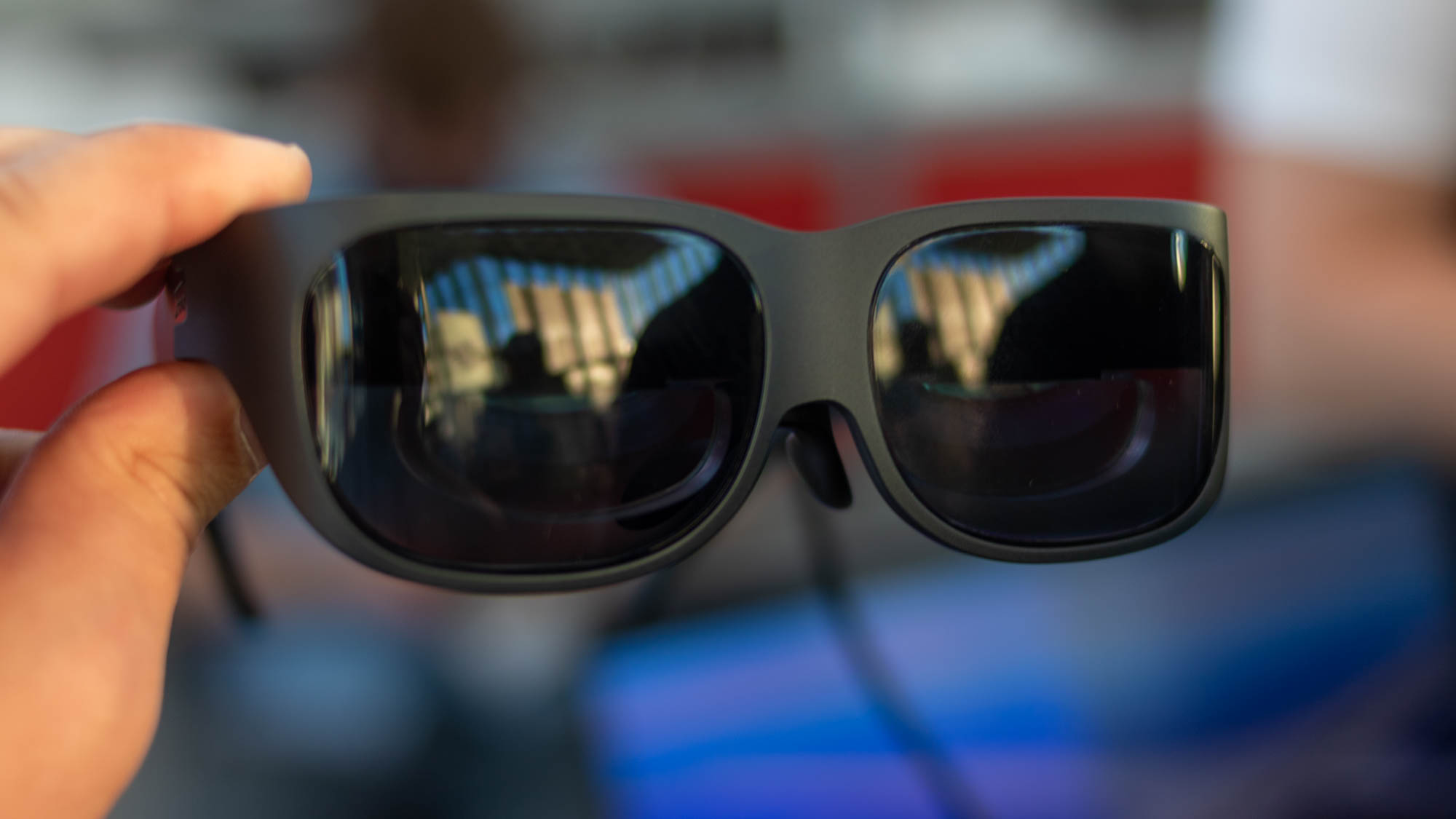 Has Lenovo found the ultimate business use case for smart glasses?
Has Lenovo found the ultimate business use case for smart glasses?Opinion Lenovo’s T1 smart glasses offer a virtual desktop that only you can see
-
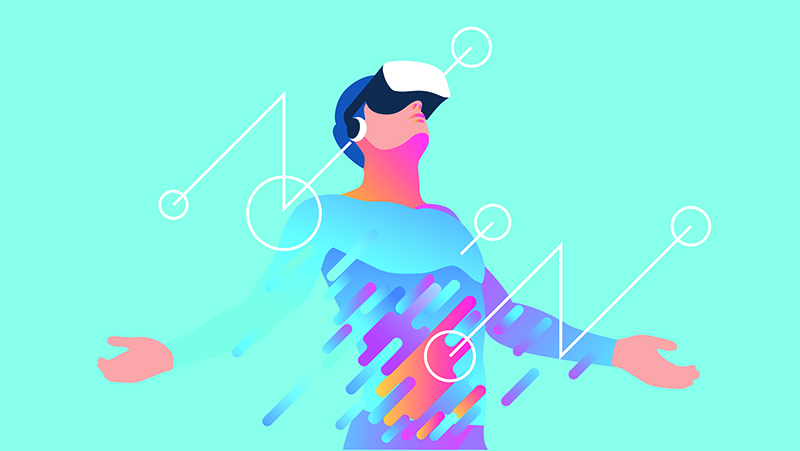 NeuPath and Cynergi will bring VR therapy to chronic pain management
NeuPath and Cynergi will bring VR therapy to chronic pain managementNews NeuPath will integrate Cynergi’s VR program with its remote pain management platform
-
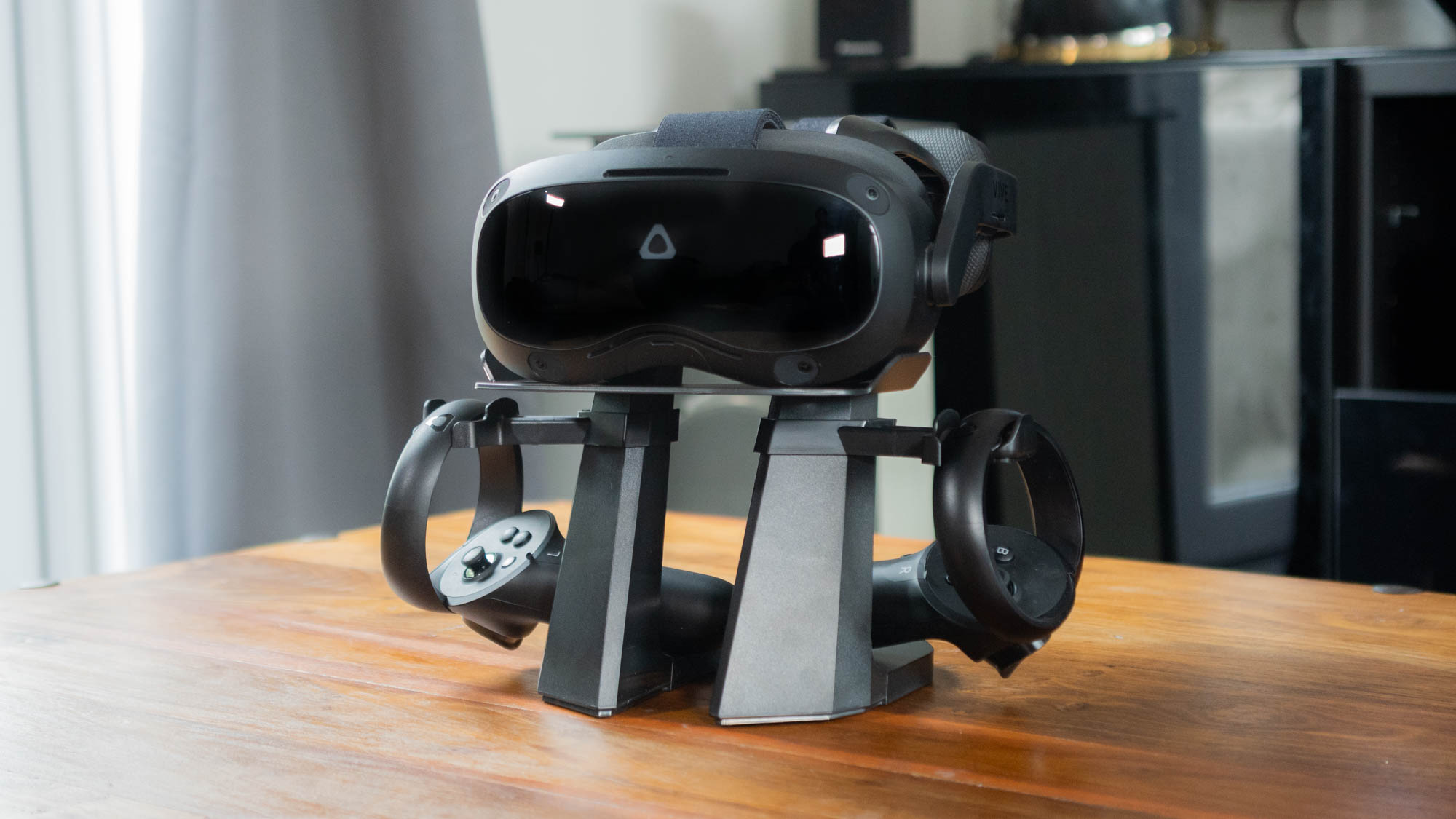
 HTC Vive Focus 3 review: The future of VR is here
HTC Vive Focus 3 review: The future of VR is hereReviews This smart and stylish headset is a leap forward for the technology
-
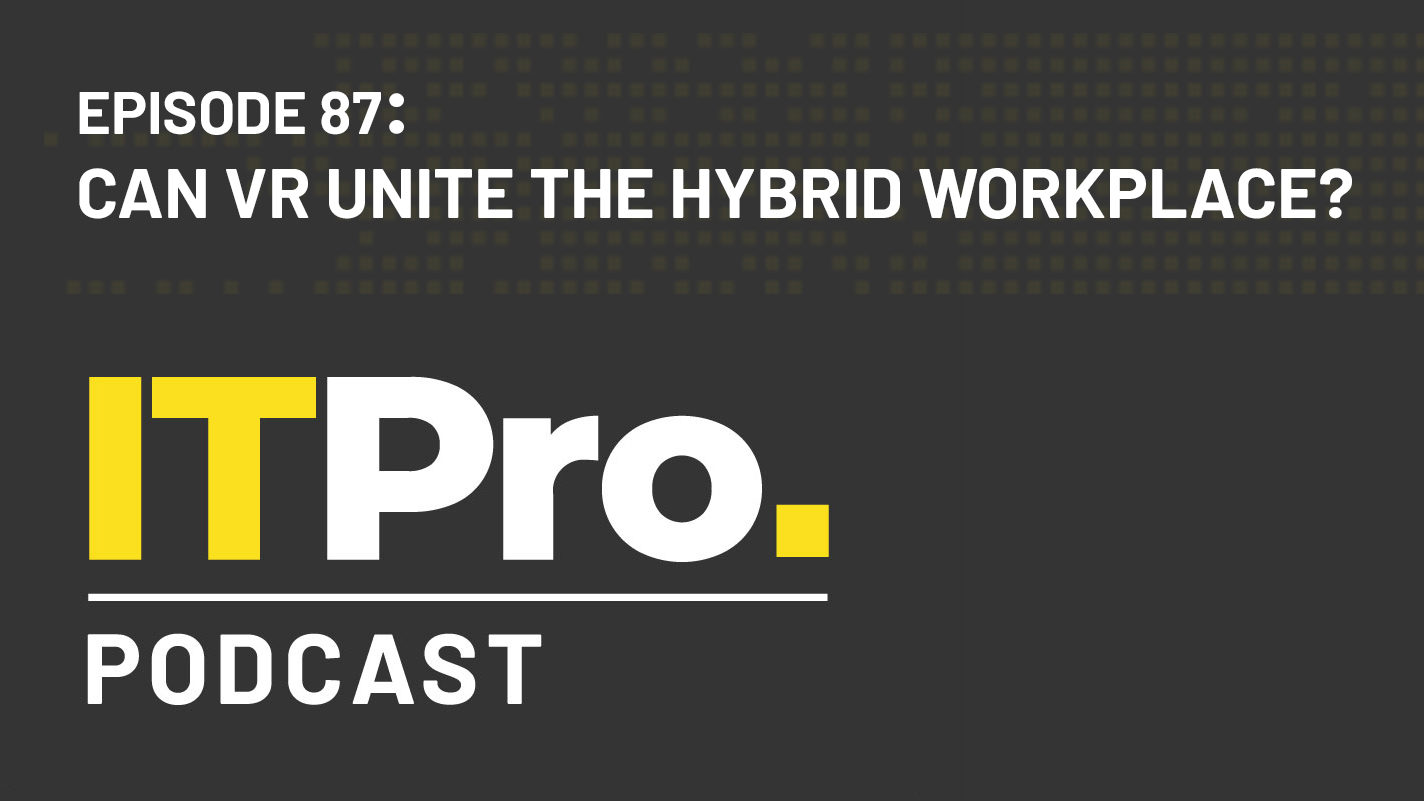 The IT Pro Podcast: Can VR unite the hybrid workplace?
The IT Pro Podcast: Can VR unite the hybrid workplace?IT Pro Podcast How one company is using virtual reality to bring its staff together
-
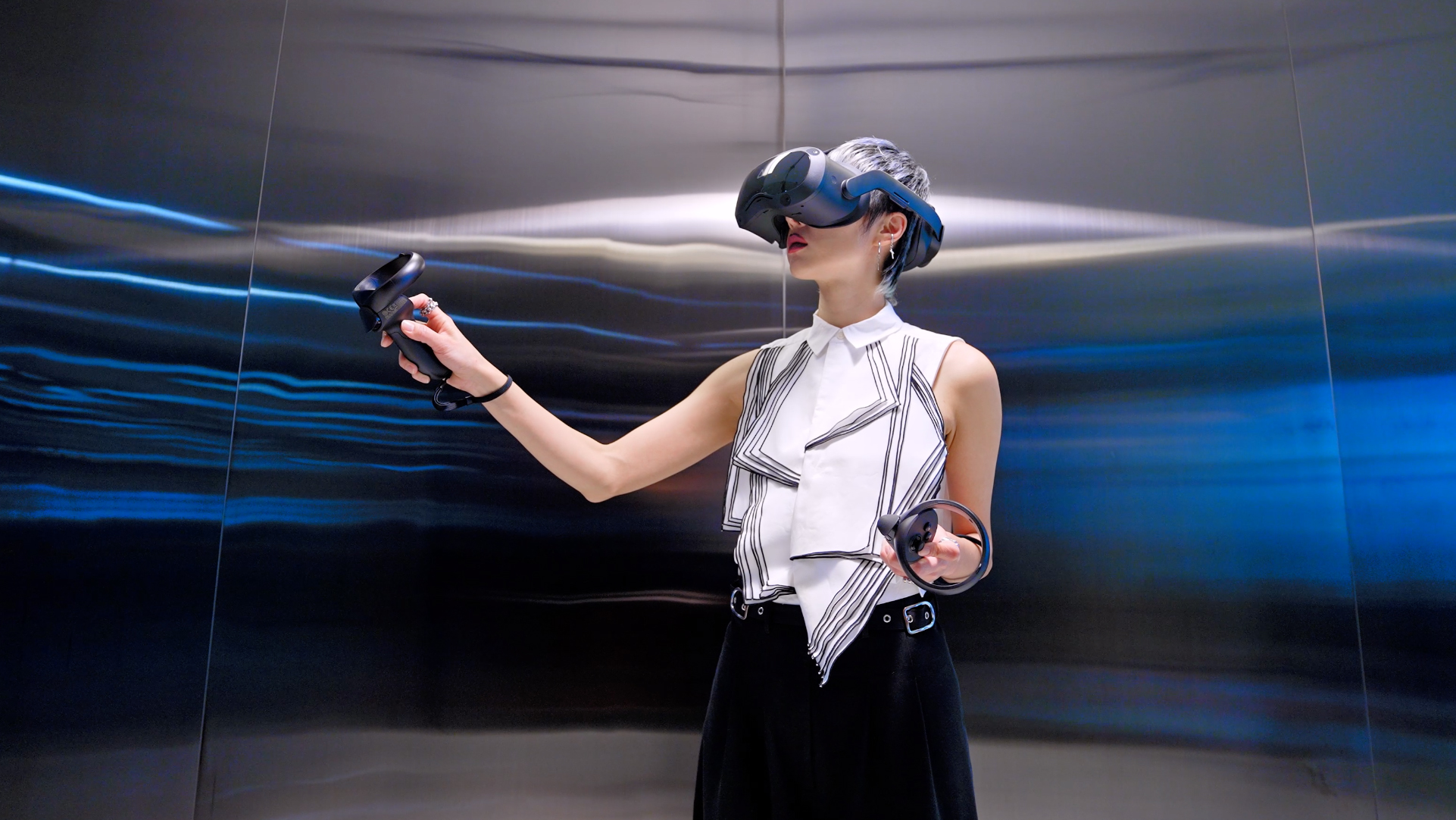 HTC launches new business-focused VR headsets
HTC launches new business-focused VR headsetsNews Vive Pro 2 and Vive Focus 3 include 5K resolution, larger field of view, and business management tools
-
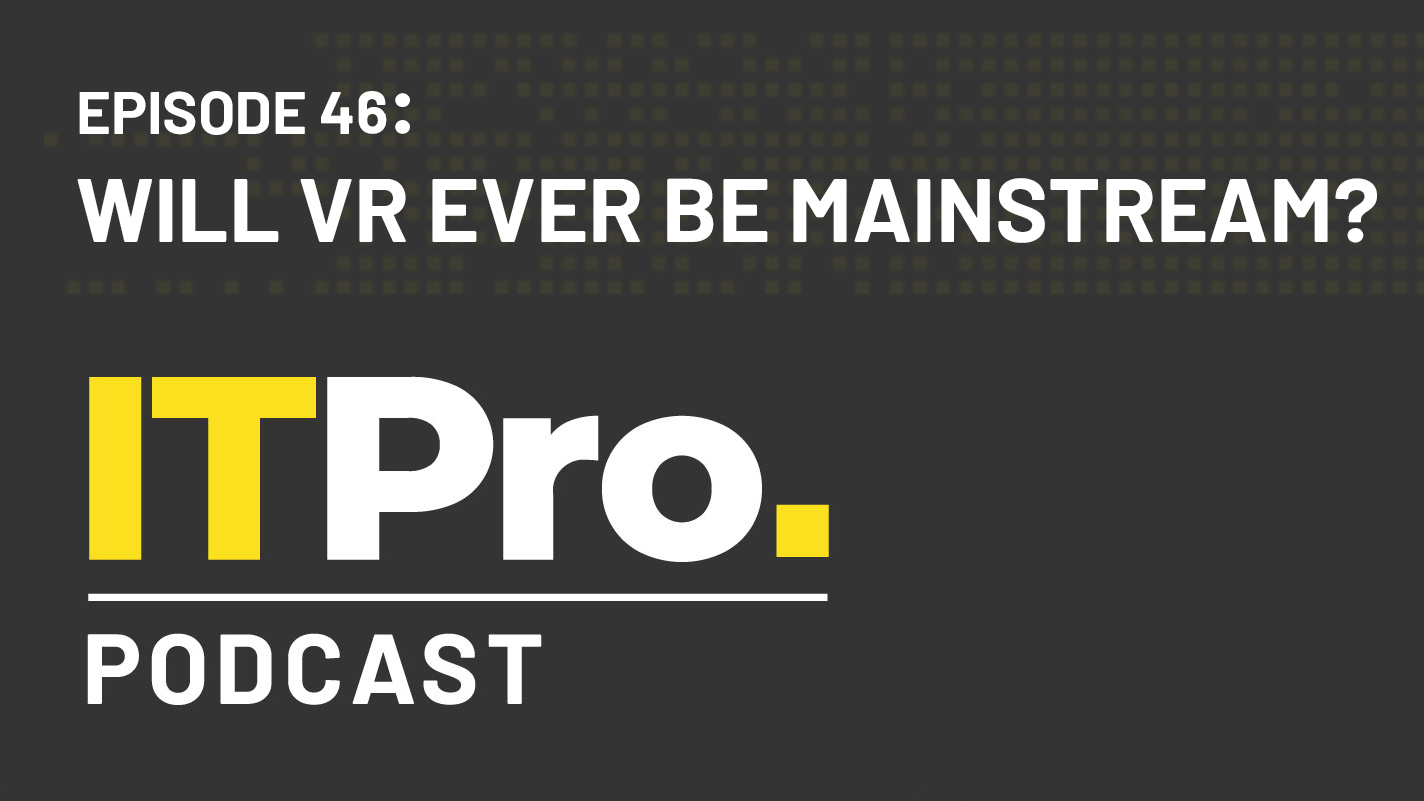 The IT Pro Podcast: Will VR ever be mainstream?
The IT Pro Podcast: Will VR ever be mainstream?IT Pro Podcast Despite years of development, VR is still a niche technology
-
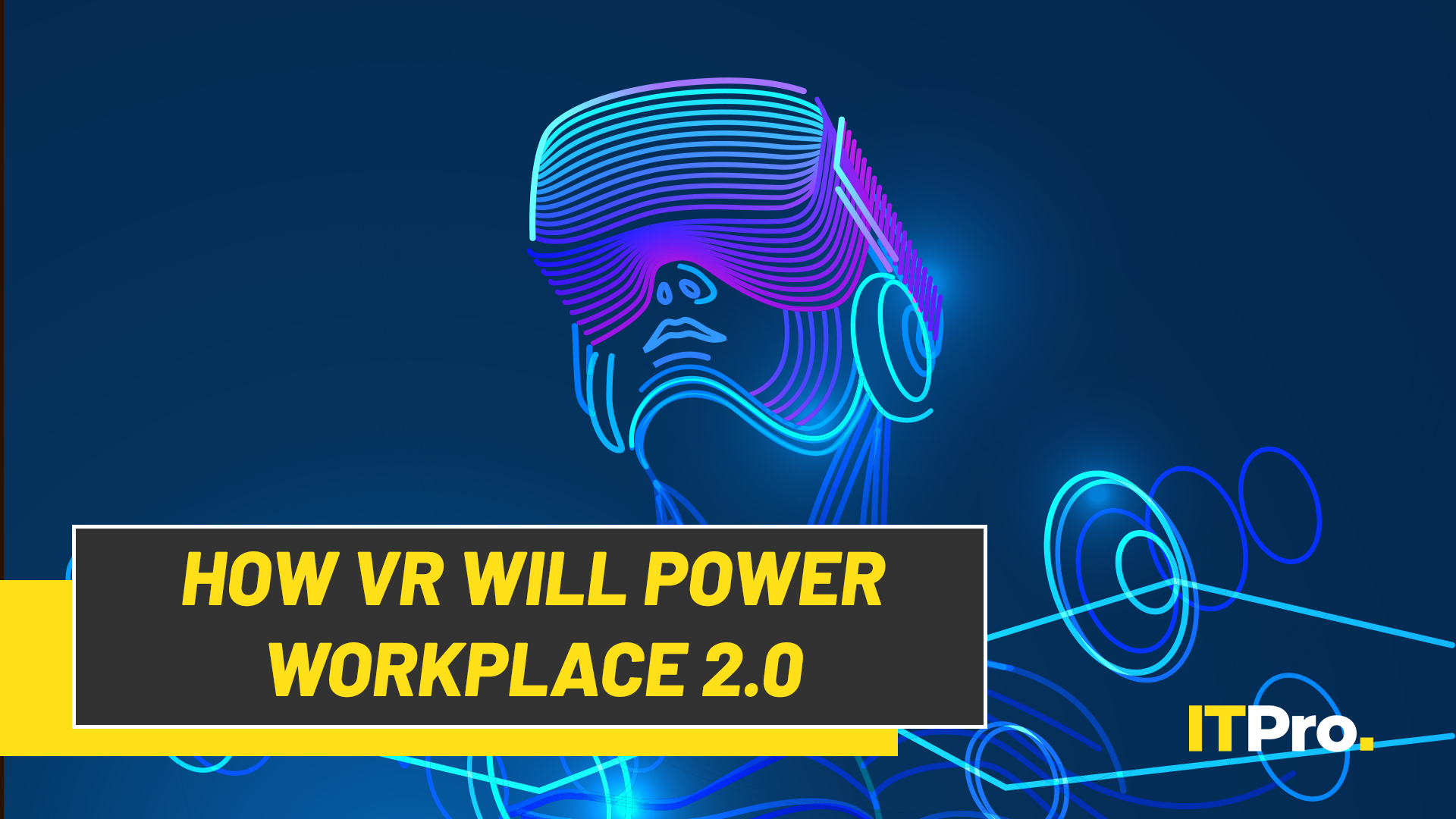 IT Pro Live: How virtual reality will power Workplace 2.0
IT Pro Live: How virtual reality will power Workplace 2.0Video The office of the future might not be a physical office at all
-
 The future tech helping battle the pandemic
The future tech helping battle the pandemicIn-depth We’ve struggled to find a use for chatbots, 3D printers and drones, but innovative tech is now being used to fight COVID-19
